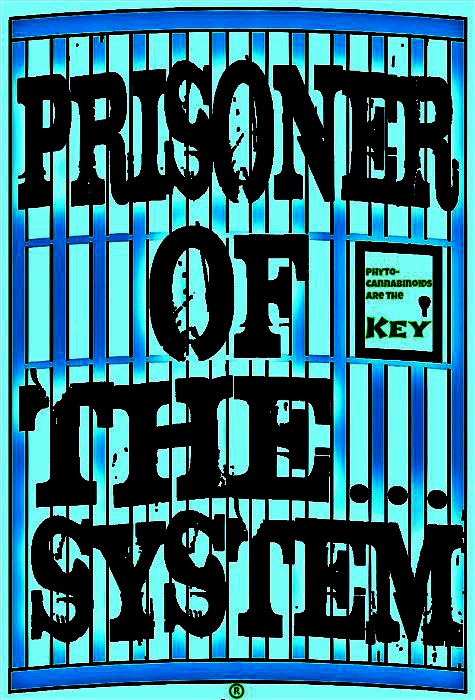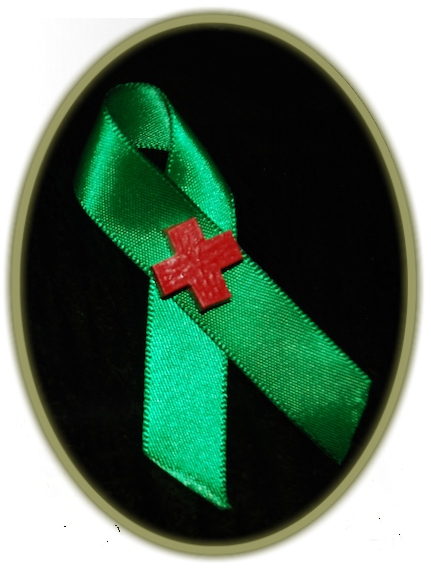2011 Aug;28(5):297-303. doi: 10.1177/1049909111402318. Epub 2011 Mar 28.
Abstract
 Unlike hospice, long-term drug safety is an important issue in palliative medicine. Opioids may produce significant morbidity. Cannabis is a safer alternative with broad applicability for palliative care. Yet the Drug Enforcement Agency (DEA) classifies cannabis as Schedule I (dangerous, without medical uses). Dronabinol, a Schedule III prescription drug, is 100% tetrahydrocannabinol (THC), the most psychoactive ingredient in cannabis. Cannabis contains 20% THC or less but has other therapeutic cannabinoids, all working together to produce therapeutic effects. As palliative medicine grows, so does the need to reclassify cannabis. This article provides an evidence-based overview and comparison of cannabis and opioids. Using this foundation, an argument is made for reclassifying cannabis in the context of improving palliative care and reducing opioid-related morbidity.
Unlike hospice, long-term drug safety is an important issue in palliative medicine. Opioids may produce significant morbidity. Cannabis is a safer alternative with broad applicability for palliative care. Yet the Drug Enforcement Agency (DEA) classifies cannabis as Schedule I (dangerous, without medical uses). Dronabinol, a Schedule III prescription drug, is 100% tetrahydrocannabinol (THC), the most psychoactive ingredient in cannabis. Cannabis contains 20% THC or less but has other therapeutic cannabinoids, all working together to produce therapeutic effects. As palliative medicine grows, so does the need to reclassify cannabis. This article provides an evidence-based overview and comparison of cannabis and opioids. Using this foundation, an argument is made for reclassifying cannabis in the context of improving palliative care and reducing opioid-related morbidity.
- PMID:
- 21444324
- [PubMed – indexed for MEDLINE]
-
Publication Types, MeSH Terms, Substances
Publication Types
MeSH Terms
- Analgesics/adverse effects
- Cannabinoids/therapeutic use*
- Dronabinol/therapeutic use
- Evidence-Based Medicine
- Humans
- Neoplasms/drug therapy*
- Neoplasms/nursing
- Pain, Intractable/drug therapy*
- Palliative Care/methods*
- Phytotherapy/methods*
- Quality of Life
- Terminally Ill
Substances
LinkOut – more resources
Full Text Sources
Other Literature Sources
Medical
- Cancer – MedlinePlus Health Information
- Cancer Chemotherapy – MedlinePlus Health Information
- Herbal Medicine – MedlinePlus Health Information
- Palliative Care – MedlinePlus Health Information
Miscellaneous


